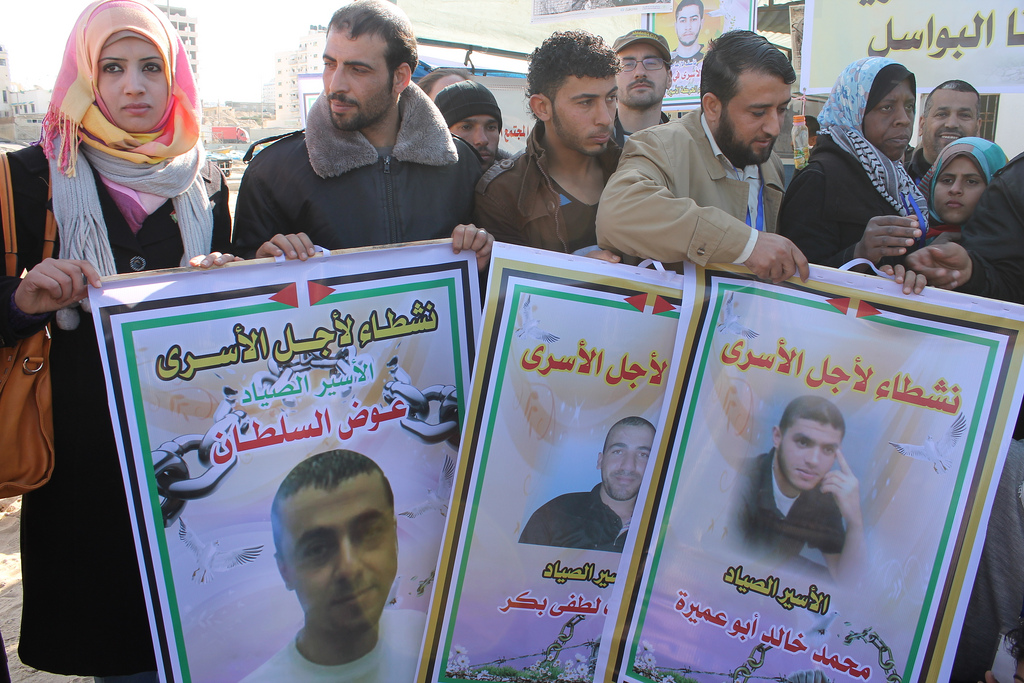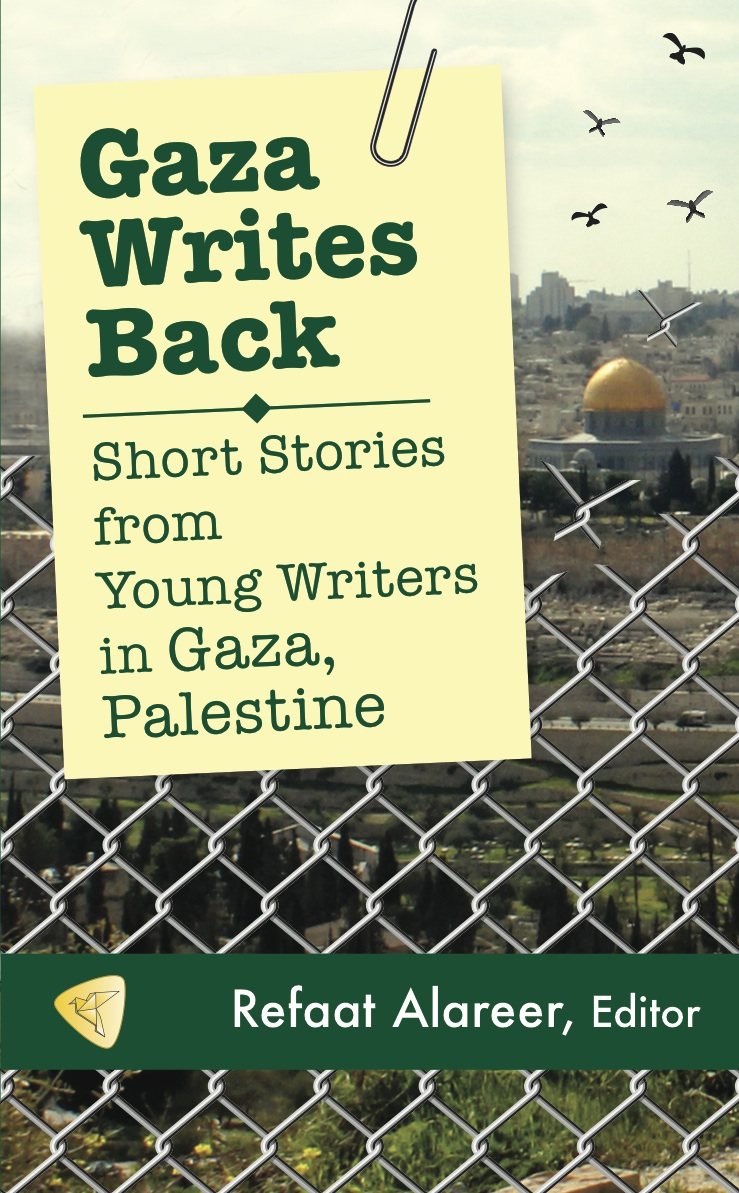Category: Gaza
-
Gaza fishermen suffer 85 percent income loss as Israeli siege, attacks continue
4th January 2014 | The Electronic Intifada, Joe Catron | Gaza City, Occupied Palestine On 17 December, Palestinian fishermen and their supporters erected a tent — a traditional venue for protest, as well as celebration and mourning — inside the Gaza seaport. “It was to highlight the situation, the crimes of the Israelis against fishermen here,” said Amjad al-Shrafi, treasurer…
-
Five Years After the Cast Lead Operation: ‘Gaza Writes Back’
28th December 2013 | Arabic Literature (in English), M. Lynx Qualey | Cairo, Egypt It was five years ago that Cast Lead began. Now a book of short stories, Gaza Writes Back, marks the anniversary. The book’s editor, Refaat Alareer, answers questions about the collection: ArabLit: How did the idea for this collection come about? How did you put out the call…
-
Why does Israel treat Gaza farmers sowing wheat by hand as military targets?
28th December 2013 | International Solidarity Movement, Charlie Andreasson | Gaza, Occupied Palestine December is the time for farmers in the Gaza Strip to sow. But for those with fields near the Israeli separation barrier, it is highly dangerous. Sure enough, we were met by news that an 18-year-old was shot an hour earlier when…



